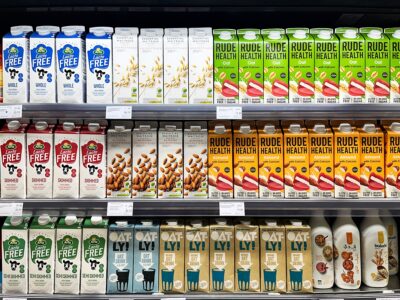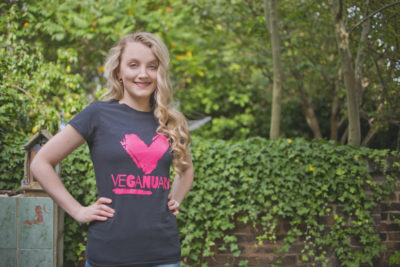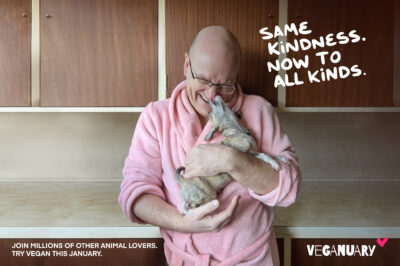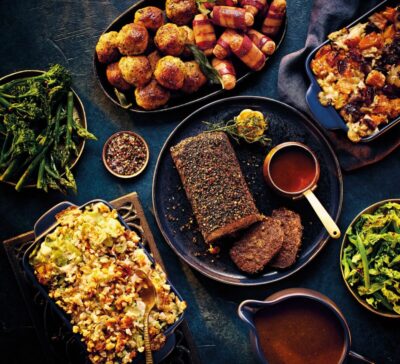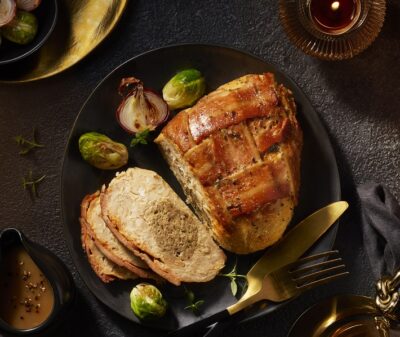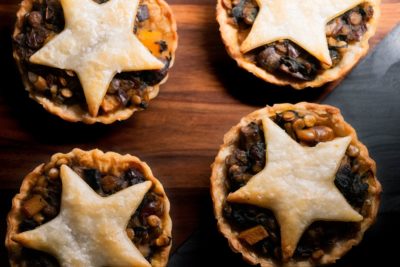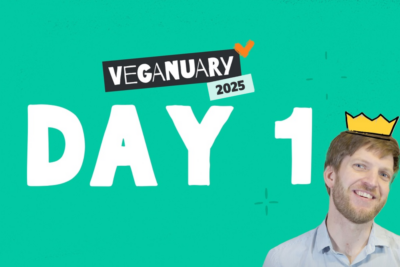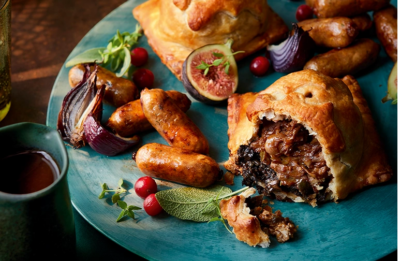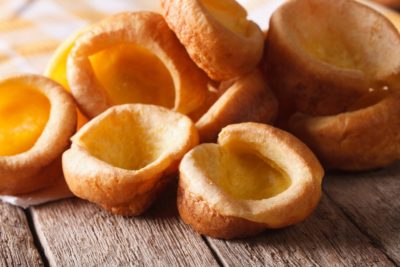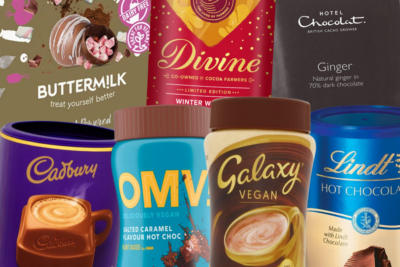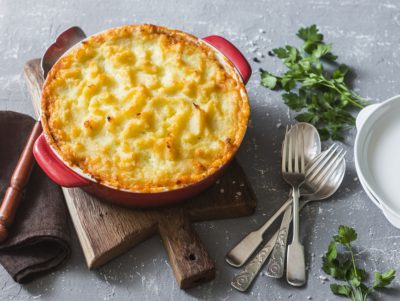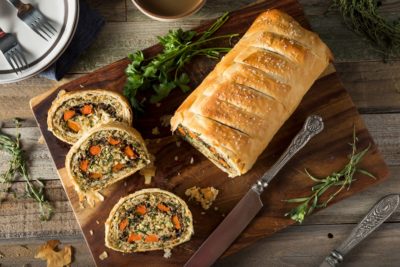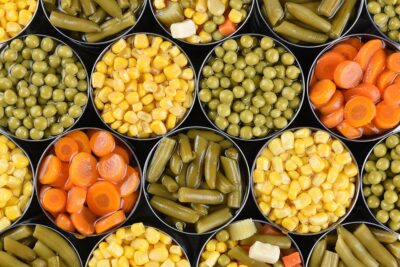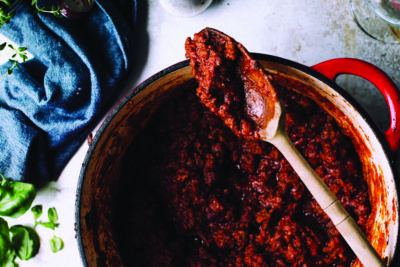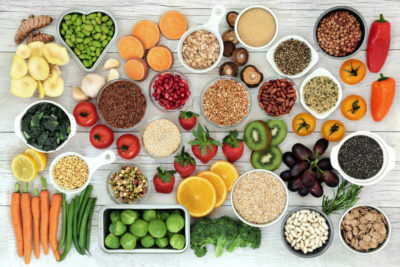Isn’t it natural for humans to eat meat? We explore this myth in our blog

What is ‘natural’? The chicken who cannot live more than six weeks, the turkey who can’t even breed without human help or the cow selectively bred to produce far more milk than is good for her health?
Farmed animals are artificially inseminated, endure many mutilations and are selectively bred to have large litters. They are engineered to put on weight fast, unless they’re an egg-laying hen, in which case they’re bred not to put on weight, as that would be a waste of food.
They are fed artificial feed, have their breeding cycles manipulated with hormone sponges inserted into their vaginas, and the length of their day is managed through artificial lighting. It’s not possible to imagine anything less natural than the animal farming industry.
Often what people mean by this question is: haven’t we always done it, and don’t we have all the right biological equipment to eat meat? The answer to those questions is ‘no’ and ‘not really’.
The food our ancestors ate would have depended on what era they lived in and where in the world, as well as the season, the climate and the weather, so we can’t make any generalisations about what we have ‘always eaten’.
We do know that humans were predominantly gatherers like other apes, only scavenging meat that true carnivores left behind. Take a look at our hands and teeth which are useless for ripping flesh, and our lack of speed which would see even a lame antelope outrun us.
These things are not a problem for true carnivores, like jaguars and tigers. The canine teeth people cite as ‘proof’ that we should eat meat look nothing like the canines of carnivores and are misnamed.
Obviously, we can tolerate a bit of meat in our diet but our bodies have never really adapted to it. Our intestines are long, and look more like those belonging to our herbivorous friends than our carnivorous ones.
Carnivores have short intestines as they need to move meat out of their system quickly before it putrefies and kills them. Food poisoning in people is still predominantly caused by animal products and meat continues to harm the human body in other ways, including through higher rates of heart disease, some cancers and diabetes. A vegan diet protects against these diseases and more.
As for animals eating one another, some do; some don’t. For some there is no choice.
A lion needs only meat to survive and nothing else will do. We have a choice and our bodies thank us for plant-based foods. And, of course, we should never let what other animals eat govern what we eat otherwise we’d follow the lead of omnivorous dogs and start scraping up dead rats from tarmac and eating the faeces of cats.


